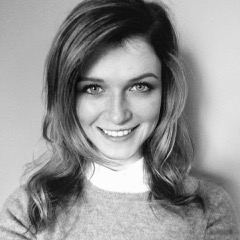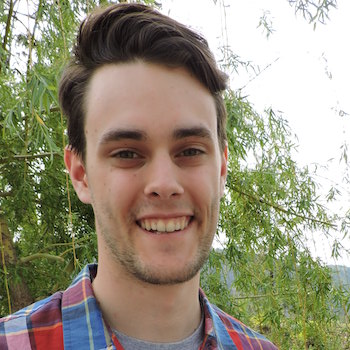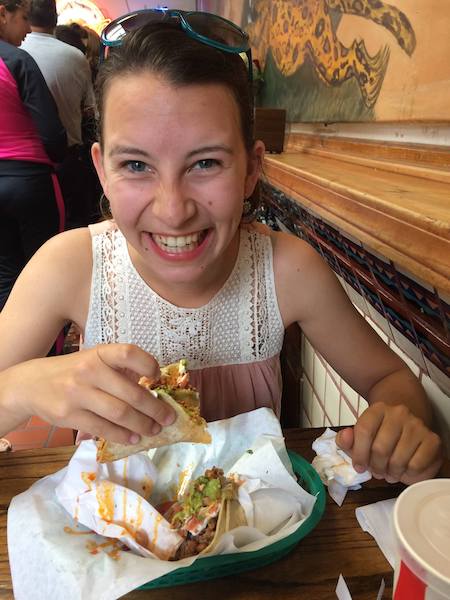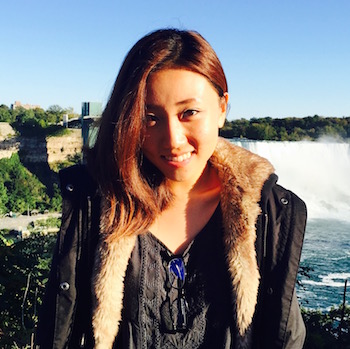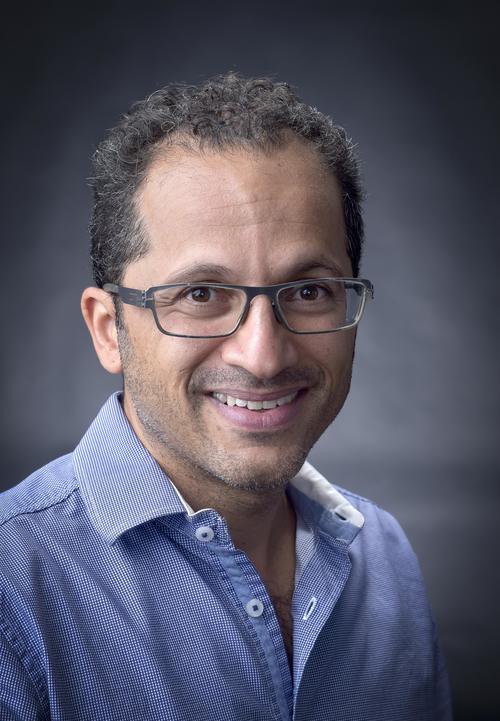When did you start using social media, and how did you get into it?
I first started using social media for completely personal reasons. I joined Facebook when my son was born as a way to share photos about my growing family. I resisted for many years because I saw it as a waste of time. But, I would say that I started using it for academic pursuits maybe three or four years ago. I started using Facebook first and then went to Twitter later, and that became a different sort of vehicle for expressing myself.
When did you come to realize that social media was a tool you could use for your academic work?
Soon after joining Facebook and Twitter it quickly became clear how useful it was to spread information to all different kinds of people, not just academics. And you could quickly find people who had similar interests.
What advice do you have for someone just starting out in social media, who might be a bit daunted by the prospect of beginning from zero?
Just to start. The fewer followers you have and the fewer friends you have, in some ways, the better it is at first. You can start out really slowly. With Twitter it is very easy to join and just start following people you are interested in, who might already have a big following. You essentially curate your own list of people you like and then you follow, and participate if you like, but if you don’t want to that’s fine too. You can just lurk.
After how much time, say per day or per week, do you think diminishing returns kick in, in regards to social media?
I’m probably not a good person to ask about this because I spend way too much time on social media. I have these devices to keep me off of it in fact. You have other things to do of course. You’ve got papers to write, you have studies to run, you have books to read, you have articles to read — so there are costs and benefits to being on social media. To be honest, it gets a bit grey because often you are doing some of those things on social media — you’re reading articles, you’re reading a blog about an article or about an idea. However, this can also become a bit of a rabbit hole and you can get led astray from your actual focus. Overall, I would say no more than an hour per day of just tangential use.
If I was deciding between making a blog, a Twitter account, or a website, what would you recommend?
Blogs are probably the best way to get attention, to the extent that they’re read, so that can be a good use of time. I don’t think everyone needs to write a blog, but if you have something to say and a perspective on something, then that’s great. You should do it. I started a blog a little over a year ago. I have only written a half dozen entries, but I’ve gotten a lot of attention from some of the posts. It’s even led to me being recognized in academic circles for reasons beyond my academic work. So, there can be some payoffs. But blogging takes time. Twitter is probably a bit better than Facebook. On Twitter anyone can follow you and you can follow anyone.
Is there anything else you would like to share about your experience with social media?
I would like to say something about the “cost” part – and not just the time. There are also reputations costs. Being really outspoken can get you attention, can get you eyeballs, which is essentially the economy of social media. But being known can be both good and bad. Let’s say you are someone who is blunt, someone who is direct and doesn’t mince words, people might like you on one level but they might also dislike you because they have a different opinion than you. So I’ve seen some people who I’ve ended up forming negative opinions of because of their behaviour. Not so much what they say, but how they say it. And I can say that if I saw one of those names in a job pool, for example, I might think less of them. I hope I would be unbiased and would just judge people on the paper record, but we’re human and biases creep in. Having a reputation that is garnered from social media can help, but it can also hurt. You just have to be politically savvy and understand that there are lots of people watching you. Be nice, even if you disagree with someone. I’m tenured, so I’m in a secure position, but for more junior people, there can be costs.
Download the slides from Dr. Inzlicht’s presentation on social media at UTSC Graduate Professional Day in January.
Michael Inzlicht is a Research Excellence Faculty Scholar at the University of Toronto. His primary appointment is as Professor in the Department of Psychology, but he is also cross-appointed as Professor at the Rotman School of Management, and a Research Fellow at the Behavioural Economics in Action (BEAR) group. Michael conducts research that sits at the boundaries of social psychology, cognitive science, and neuroscience. Although he has published papers on the topics of prejudice, academic performance, and religion, his most recent interests have been in the topics of self-control, where he borrows methods from affective and cognitive neuroscience to understand the underlying nature of self-control, including how it is driven by motivation.
Read Michael Inzlicht’s Blog
Follow Michael Inzlicht on Twitter


